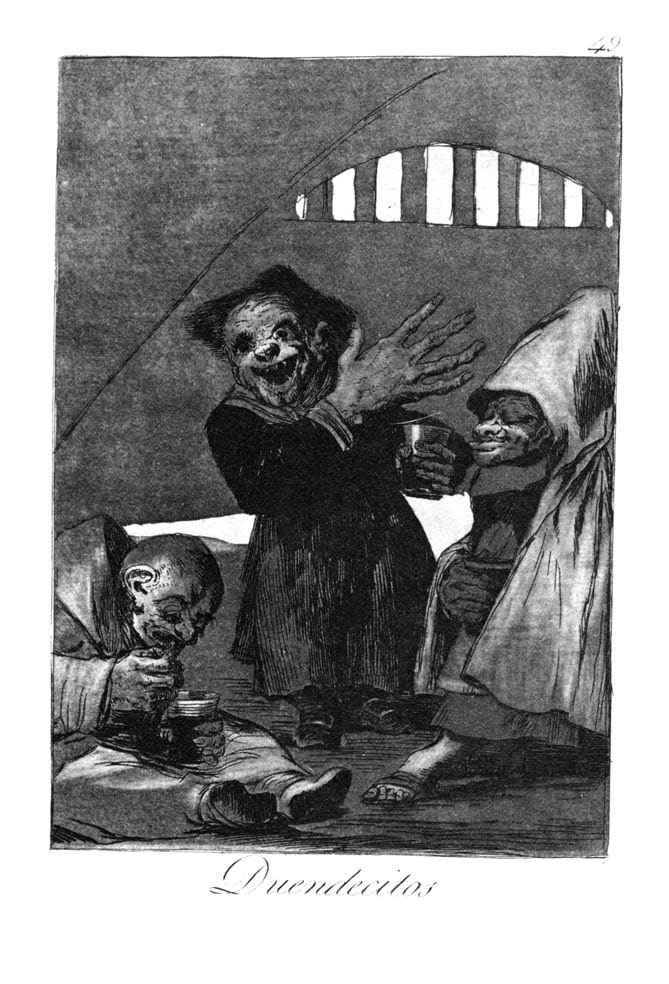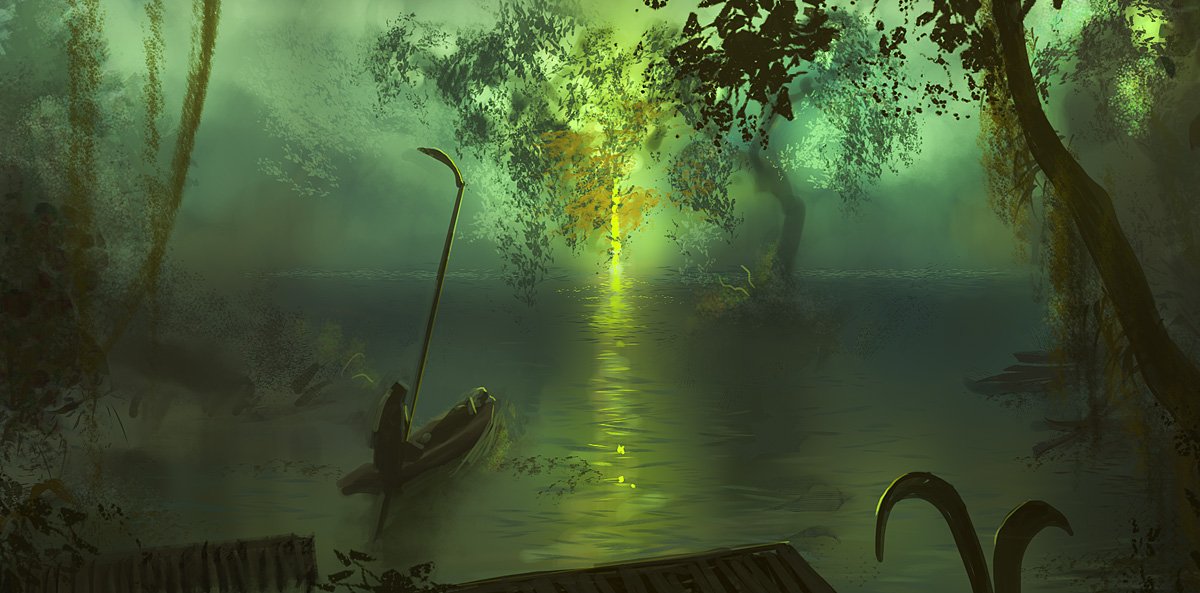He assured the company that it was a fact, handed down from his ancestor, the historian, that the Kaatskill mountains had always been haunted by strange beings. That it was affirmed that the great Hendrick Hudson, the first discoverer of the river and country, kept a kind of vigil there every twenty years, with his crew of the Half-moon; being permitted in this way to revisit the scenes of his enterprise, and keep a guardian eye upon the river and the great city called by his name. That his father had once seen them in their old Dutch dresses playing at ninepins in the hollow of the mountain; and that he himself had heard, one summer afternoon, the sound of their balls, like distant peals of thunder.
This solidifies the fact that these ghosts are “real” (at least in the world of the narrative) since they have been noted by other people then just Rip, and have similar stories of interactions/observations between the Dutch ghosts and members of the town.















 I found this image to be fairly similar to my own personification of this particular setting.
I found this image to be fairly similar to my own personification of this particular setting.

